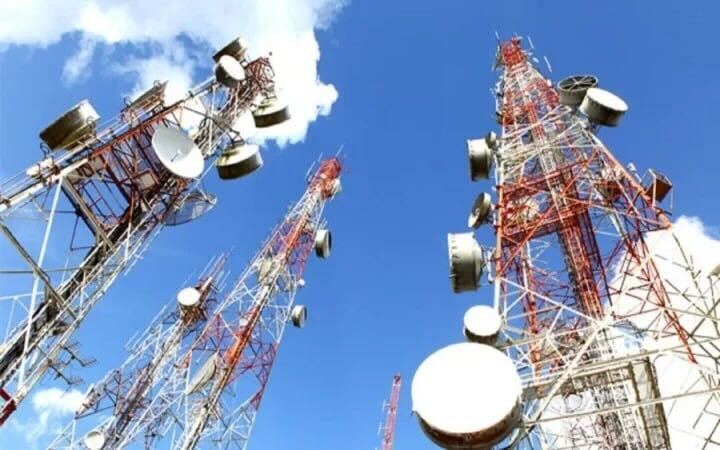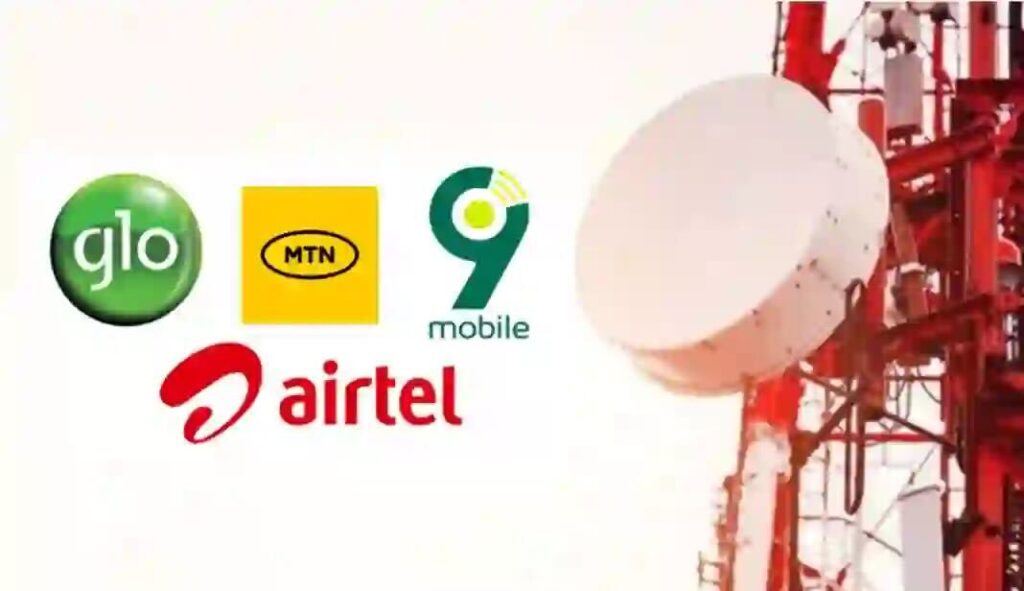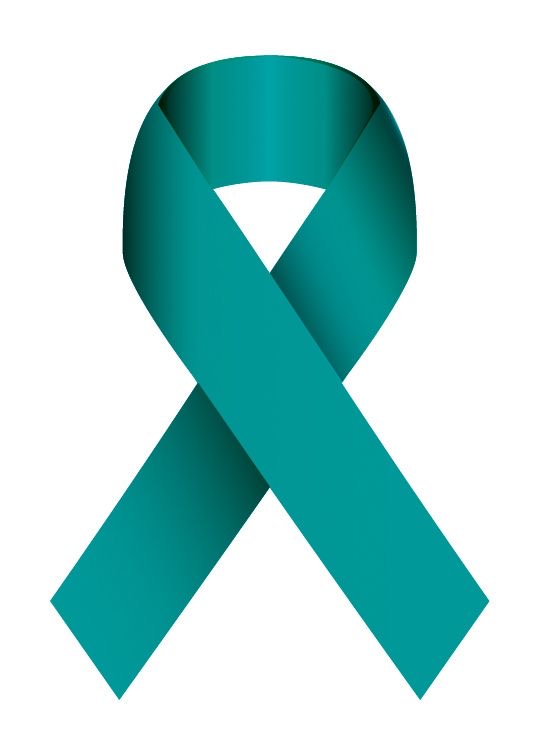Nigeria’s recent 50 percent telecom tariff hike approved by the Nigerian Communications Commission (NCC) is already altering how people use their phones and mobile internet. This change is hitting hard at a time when many Nigerians are already dealing with rising inflation and economic pressure.
The tariff increase raises prices for calls, data, and other telecom services. For example, the minimum price per minute for a call has moved from N6.40 to around N9.60. That might seem small, but over time and with frequent use, the cost adds up. Subscribers say they are now more cautious about how they spend on phone credit, data plans, and streaming services. Some are cutting back on video calls and premium streaming; others are switching to lower-cost plans or prepaid services.

What Subscribers Are Saying and Doing
Many Nigerians feel the hike was poorly timed. With inflation already pushing the cost of food, transport, electricity, and fuel skyward, this telecom increase adds another layer of financial burden. “This is going to affect even low-income people,” said one subscriber in Ibadan. Others in Lagos worry that businesses that rely on telecom services heavily will also feel the hurt.
Some users are changing their habits substantially. Instead of making long voice calls, people are resorting more to text messages or instant messaging apps that work on smaller data packages. Others are restricting mobile internet usage to essential tasks. Small businesses are also looking to renegotiate service contracts or switch providers.

Broader Effects and Industry Response
Telco operators argue they need this adjustment to remain viable. Rising costs of energy, inflation, and equipment imports are cited as part of the rationale for the increase. The hike is said to be necessary for maintaining infrastructure and expanding services. Also, some experts point out that the change could trigger more investment into network infrastructure—better coverage, faster speeds—if providers reinvest the extra revenue.
On the other hand, labour groups and consumer advocates are pushing back. The Nigeria Labour Congress has rejected the tariff hike, calling it insensitive given the current economic climate. They have planned protests and demanded that telecom companies improve service quality as they increase charges.





Leave a Reply